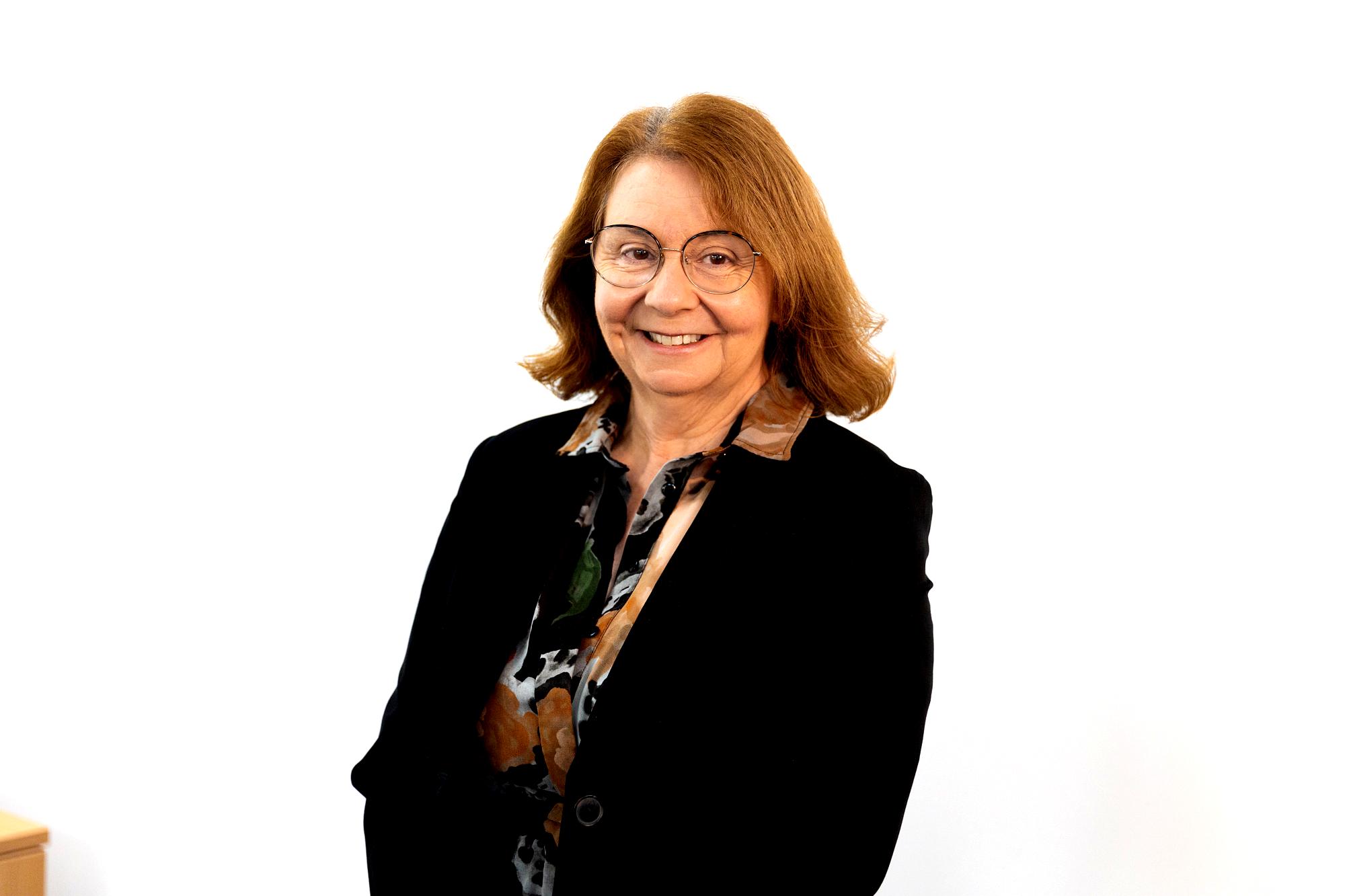What attracted you to become a therapist?
In 2017 my personal circumstances were so difficult I had a breakdown. I was given the opportunity to have some counselling sessions and, as I started to feel better, I developed a keen interest in mental health and wellbeing. The counsellor I was seeing at the time suggested I might consider studying the subject and I booked my first course at Swarthmore College in Leeds in 2019. I was hooked and completed my Level 4 Diploma in therapeutic counselling in December 2024.
Where did you train?
Wakefield College in West Yorkshire
Can you tell us about the type of therapy you practise?
I have trained as a person-centred therapist. This is a talking therapy where clients can explore their issues. I love the way that the solution to the client’s problem is very often in their own mind and therapy is the means to unlock that. By listening as an outsider to their lives and walking with them as they explore what’s going on for them, the big things very often turn out to be the little things and the little things that they don’t think are important turn out to be the big things. Once the client makes that connection then they start to move forward.
I also use some CBT techniques when working with clients around menopause, OCD and self-esteem.
I am presently training to use the rewind technique which is a type of therapy useful in treating PTSD caused by a single act of trauma, e.g. having witnessed a violent crime or an accident.
I am also an accredited suicide first aider and a mental health first aider.
How does person-centred therapy help with symptoms of menopause?
One of my areas of expertise is menopause. Person-centred therapy allows people to explore their feelings about aging, how their body is changing, the physical symptoms of menopause, how they are coping with work and life.
There are struggles with anxiety and brain fog and the difficulties of doing the things that they have always done. Person-centred therapy can help them adjust and find solutions and to come to terms with the changes that aging brings but also to see that it is a process that has an end rather than see it as the end.
I also recommend some CBT exercises to deal with the physical symptoms like hot flushes. Hot flushes can become much worse if the client panics and focuses on them. Keeping a diary of when they have hot flushes so that they can discuss this with the counsellor and find ways to cope and change how they react when they have a hot flush can help to make them less debilitating.
What sort of people do you usually see?
I see individual adults of all ages.
Have you noticed any recent mental health trends or wider changes in attitude?
Yes, more clients are curious about neurodiversity and exploring their needs. I have disclosed my neurodiversity and have personal experience of differing reactions to it.
I also think that people in the UK are more open to seeking help from a counsellor. Mental health is talked about a lot more, however, there is still a lot of work to be done to encourage men to seek help with mental health issues.
What do you like about being a therapist?
It’s the most rewarding thing I’ve ever done. When someone who has never trusted anyone in their whole life sits in front of you and says “I feel like I could tell you anything because you understand” it makes you realise why you are doing it.
What is less pleasant?
The less pleasant aspect is discovering what someone has had to endure in their life. It doesn’t seem fair.
How long have you been with Welldoing and what you think of us?
I have only been with Welldoing for a few weeks but I am very impressed. I have signed up for some CPD and have written a couple of articles to submit.
What books have been important to you in terms of your professional and personal development? Do you ever recommend books to clients?
I do recommend books to clients. One of the main ones is The Body Keeps the Score. I also recommend a CBT self-help workbook for menopause which I have used myself.
What you do for your own mental health?
I am a member of the Ramblers Association and go on their organised walks. I am passionate about mindfulness and meditation and last year I went on my first retreat to a yoga and meditation retreat. I’m planning another one later this year.
You are a therapist in Leeds. What can you share with us about seeing clients in this area?
I’m based in Morley, Leeds. I think I appeal to neurodivergent clients and older female clients.
What’s your consultation room like?
It is small with two chairs and a table with a water jug and two glasses. There is a shelf with some ornaments on it.
What do you wish people knew about therapy?
I wish they could know that talking therapy very often uncovers something that they didn’t realise. I find that clients talk about something but might just say a couple of words and the key to active listening is picking those out and seeing the client suddenly acknowledge it.
What did you learn about yourself in therapy?
That I’m a people-pleaser and what I’ve done to survive. I’m a completely different person now and I couldn’t have done that without therapy.

